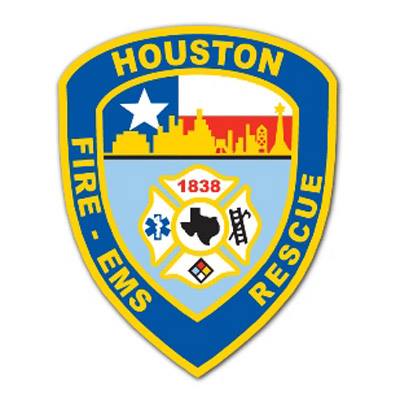A state district judge on Wednesday ruled Proposition B, the voter-approved measure that grants Houston firefighters the same pay as police of corresponding rank and seniority, unconstitutional and void.
The ruling came in a lawsuit brought in November by the Houston Police Officers’ Union, which contended that the city charter amendment conflicts with the Texas Constitution.
In her ruling, state District Judge Tanya Garrison found that Chapter 174 of the local government code preempts Prop B. The city, which was named in the police union’s suit, has alleged that the parity measure section conflicts with a provision of Chapter 174 tying compensation for firefighters and police officers to that of comparable private sector employees.
Mayor Sylvester Turner briefly stopped the weekly city council meeting to announce the ruling. The fire union quickly announced it would appeal.
After the council meeting, Turner said the 60-day layoff notices he proposed and council approved sending in recent weeks to 220 firefighters and more than 110 fire cadets and municipal workers to help close a budget deficit exacerbated by Prop. B would be rescinded, along with hundreds of proposed demotions within HFD.
Turner cast the ruling as a “tremendous positive” for the city as a whole, saying he hoped it could spur a “reset” to reduce widespread acrimony over the issue. He also stressed that firefighters deserve a pay raise and looked forward to negotiating one with union leaders.
“They’re deserving of a pay raise that the city can afford and I do look forward to sitting down and talking with them about what would be an acceptable pay raise within the confines of the city’s financial capability,” Turner said. “We’ll do everything we can to move it forward.”
A release with the Mayor’s comments following the ruling, which came down while Council was in session, is here. Judge Garrison had sent the parties to mediation originally, saying she didn’t want to get involved if they could work it out among themselves. They did not, and so here we are. You can see a copy of her ruling here, which is an order granting summary judgment to the plaintiffs, the HPOU. The city is listed as the defendant and their motion was also granted, while the HPFFA’s motion was denied; someone who understands the law way better than I do will hopefully step in to explain how all that worked. Be that as it may, the firefighters will appeal, but that almost certainly means the city is off the hook for this fiscal year, possibly for the foreseeable future.


The HPOU sued the City and the HPFFA, asserting that Proposition B directly conflicted with Section 174.021 of the Texas Local Government Code, which mandates that pay of fire fighters be set by reference to pay for equivalent private-sector jobs, and with Article 11, Section 5 of the Texas Constitution, which restricts municipalities from enacting ordinances that conflict with state law. Even though the City agreed with this position, it was a proper defendant because it had enacted the ordinance through the Prop B referendum.
Since the facts here are not in dispute, the real questions were legal questions for the judge to answer. Summary judgment is an appropriate way to resolve purely legal questions. The HPOU and the City asked for summary judgment that the ordinance violated state law and was therefore unconstitutional; the HPFFA asked for summary judgment that the ordinance was valid. The judge agreed with the HPOU and the City.
Because the only issues were these legal questions, the court’s ruling disposed of everything and is now final. The HPFFA has 30 days to file an appeal if it wishes (or to file certain motions that extend the appellate deadline for a limited amount of time).
I missed it: The HPFFA has already filed an appeal. So the dance moves to the First or Fourteenth Court of Appeals.
What happens to the payments announced last week to many firefighters to comply with Prop B?
“What happens to the payments announced last week to many firefighters to comply with Prop B?”
The payments were not mandated by law, since Prop B, while having the color of law, conflicts with the state law, which is superior. The city has a fiduciary responsibility to the taxpayers to claw back that money. Easy come, easy go.
So there’s $31 million unaccounted to be distributed, not all distributed, now clawed back and gets accounted where?
Turner said it is unlikely to be clawed back, whatever that’s worth.